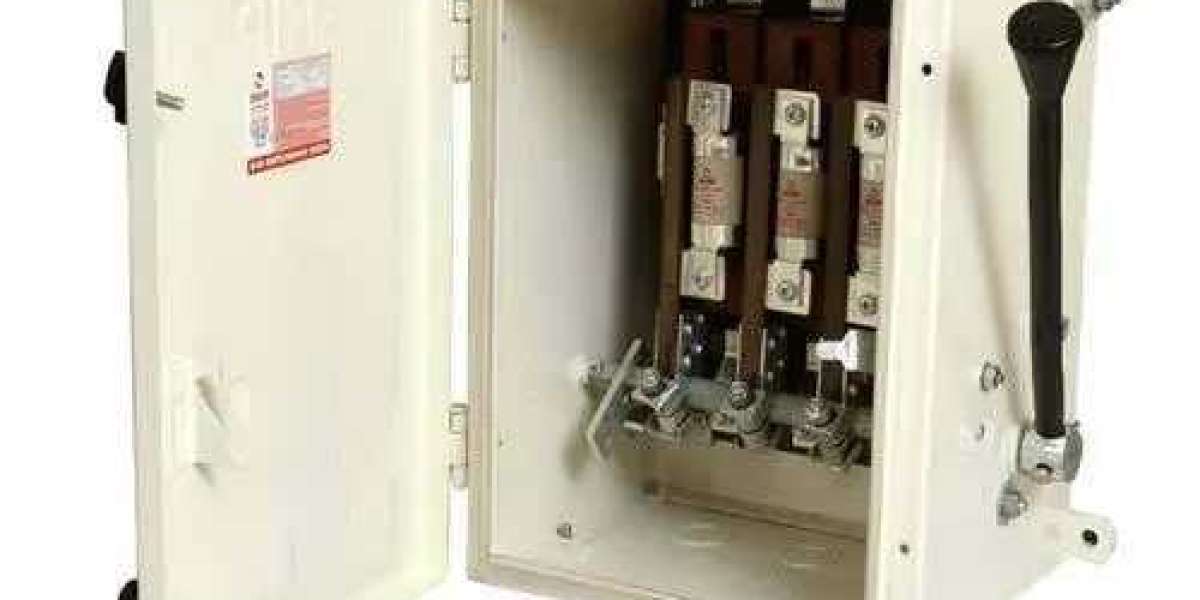Liquid Contract manufacturing plays a crucial role in the production of liquid products, offering businesses a strategic advantage by outsourcing various aspects of production to specialized companies.
This outsourcing enables companies to concentrate on their core competencies, while experts in the field handle the complexities of liquid product manufacturing. In this article, we will delve into the key aspects of contract manufacturing for liquid products, shedding light on the diverse services it encompasses.
Aqueous and Solvent-Containing Mixtures:
In liquid product manufacturing, it is essential to understand the nuances of formulating mixtures containing water or solvents. Contract manufacturers specializing in such formulations possess the expertise required to create these intricate liquid blends. They also have the necessary safety protocols in place to handle flammable products, ensuring both the safety of the manufacturing process and the end users of the products. Moreover, these experts can create pastes tailored for specific applications, providing businesses with versatile product options.
Fully Automated Filling of Small Containers:
Efficiency and precision are paramount in the manufacturing of liquid products, especially when it comes to filling small containers. Contract manufacturers employ fully automated filling processes that guarantee consistent and accurate product volumes. They have mastered techniques for filling small bottles and containers, ensuring that the end products meet quality standards and are ready for distribution. Additionally, many contract manufacturers offer private label production and customization options, allowing businesses to put their brand on high-quality liquid products.
Private Label Production:
Private label production is a valuable service offered by contract manufacturers. This service allows businesses to customize liquid products according to their specific requirements. From individual recipes to personalized labeling and packaging, contract manufacturers can cater to a wide range of client specifications. The advantages of private label manufacturing include brand recognition, control over product quality, and the ability to offer unique product variations to the market.
Logistics and Warehousing:
Efficient storage and distribution of liquid products are critical to ensuring products reach their intended destinations in optimal condition. Contract manufacturers often have their own truck fleets and road tankers for transportation, streamlining the logistics process. Additionally, they utilize web-EDI logistics interfaces for real-time tracking, ensuring transparency and reliability throughout the supply chain.
Research and Development:
A professional research and development (RD) team is instrumental in enhancing liquid formulations. Contract manufacturers invest in RD to innovate and improve their products continually. They often have extensive global sourcing and procurement networks, allowing them to access high-quality raw materials and stay at the forefront of liquid product development. Collaborating with contract manufacturers ensures that businesses can offer innovative and competitive liquid products to their customers.
Formulation Technology and Manufacturing Processes:
Understanding the capacity and batch sizes for liquid mixtures is essential for efficient production. Contract manufacturers possess deep knowledge of formulation technology and manufacturing processes. They excel in techniques such as emulsification, homogenization, and dispersion, which are crucial for achieving consistent product quality. Moreover, they have the expertise to handle special mixtures with unique requirements, making them the preferred choice for complex liquid product manufacturing.
Scaling Up and Custom Filling:
Contract manufacturers offer scalability, allowing businesses to transition from laboratory-scale production to large-scale manufacturing seamlessly. They provide customized filling solutions for different container sizes, accommodating diverse customer demands. This flexibility ensures that businesses can respond effectively to market fluctuations and changing consumer preferences.
Conclusion:
In conclusion, liquid contract manufacturing for liquid products is a strategic and efficient approach that offers businesses the flexibility and expertise required to excel in the competitive market. Whether it involves formulating aqueous and solvent-containing mixtures, automating small container filling, private label production, logistics and warehousing, research and development, formulation technology, or scaling up and custom filling, contract manufacturers play a pivotal role in delivering high-quality liquid products tailored to specific needs. As the liquid product industry continues to evolve, partnering with experienced contract manufacturers remains a reliable and strategic choice for businesses seeking reliable solutions.








